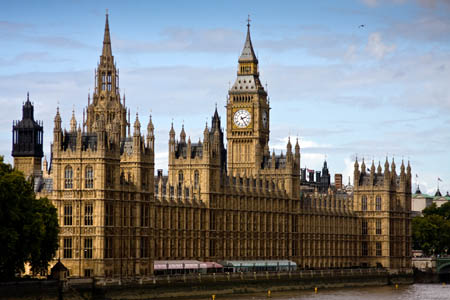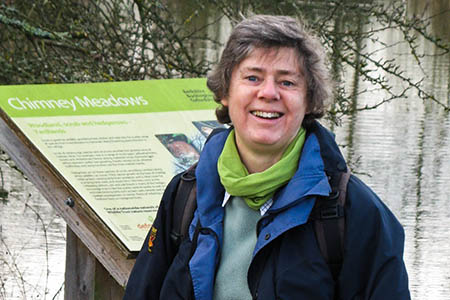Britain’s largest walkers’ charity says new legislation may help save historic rights of way from oblivion.
Recording of paths in England which are not official rights of way has fallen way behind schedule and many risk being lost forever if the 2026 deadline is not met.
The Ramblers estimate it will take more than 13 years at the current rate to record more than 4,000 paths which are on a waiting list to be determined officially. Even though the routes may be well trodden, if they are not officially deemed a right of way, the public will lose the legal right to use them under provisions set out in the Countryside and Rights of Way Act passed by the previous government.
The Ramblers said they have been working with landowners, land managers and local authorities to find ways to make the process for recording paths more efficient, consistent across the country, and less contentious, helping to claim as many historic paths as possible before the 2026 cut-off date.
The group’s recommendations were put forward to Government and have now been included in the draft Deregulation Bill. The second reading of the bill is due to take place on 3 February.
The charity said the proposed changes to rights of way legislation are part of a package of measures which, if taken as a whole, will benefit walkers and landowners alike.
The aim is to simplify rights of way legislation, meaning the process for claiming paths will be easier so that they can be added more quickly, helping to clear the substantial backlog.
National newspapers previously reported the bill would allow landowners to bar walkers from paths, but campaigners dismissed the idea. Ramblers president and Open Spaces Society general secretary Kate Ashbrook said: “There is nothing in the draft Deregulation Bill about giving homeowners the right to bar ramblers from land.”
Ramblers chief executive Benedict Southworth said: “The proposed legislation has been carefully put together by representatives from landowners, paths users, and local government – including ourselves and the NFU – who have worked together for over three years to simplify the law around rights of way for the benefit of everyone.
“This carefully crafted solution should make it easier for historic paths to be added to the definitive map, the official record of all public paths.
“Many of these paths have existed for hundreds of years. They are an ‘inscription on the landscape’ made by generations of people going about their business, and are as much a part of our heritage as our ancient monuments and historic buildings.
“By adding them to the official map they cannot be blocked off or built upon and are protected for future generations to enjoy.
“Our network of paths provides an important role connecting people to green spaces, allowing them to travel to shops and to schools and are enjoyed by millions each year.
“This unique network attracts tourists from around the world and provides a vital contribution to the economy. Last year alone visitors to England’s outdoors spent £21bn.
“We hope that this new legislation will make it easier for our historic paths to get the protection they need so that we can continue to walk and enjoy them.”
The Ramblers said landowners can already apply for paths to be diverted from their land and the majority of footpath diversions go through unopposed.
However, any proposal to move a path must meet certain tests; the new proposed route cannot be less convenient for walkers and must not hamper walkers’ enjoyment of the path. The campaigners said these important tests will remain in place, offering protection for paths.
The charity said the aim of rights of way legislation in the Deregulation Bill is to simplify the process for claiming paths. “It means that a landowner, having been notified of a claim for a path across their land, may discuss a simultaneous diversion with the local authority at an early stage,” it said. “If that diversion is not substantially less convenient or enjoyable, it may be processed at the same time as the order to add the path to the definitive map. This means it is less likely to be contested and paths can be added more quickly and easily.”
The bill’s second reading is the opportunity for MPs to debate its main principles. At the end of the debate, the Commons decides whether the bill should be given its second stage reading, which means it can proceed to the committee stage.
At the committee stage, the clauses and any amendments to the bill can be debated.


